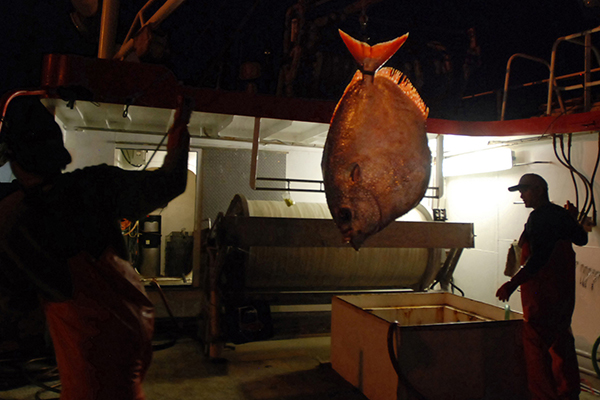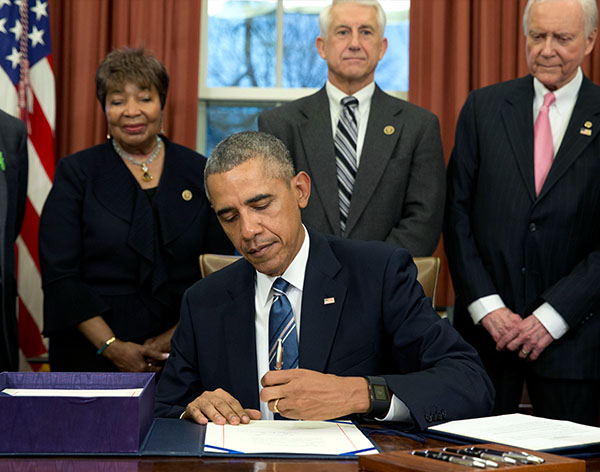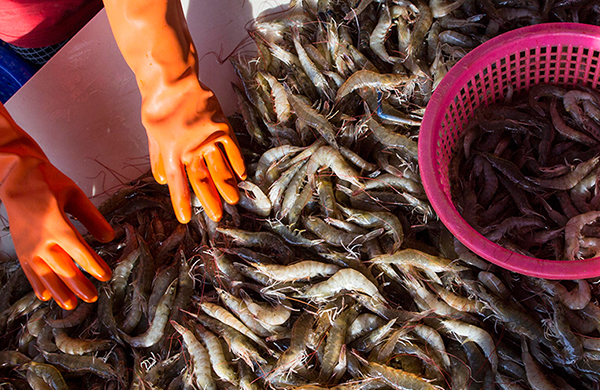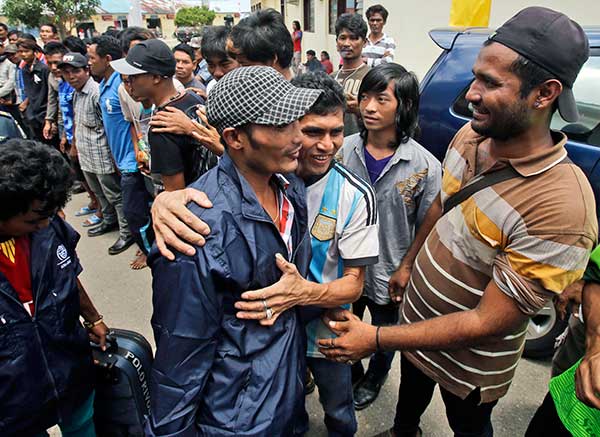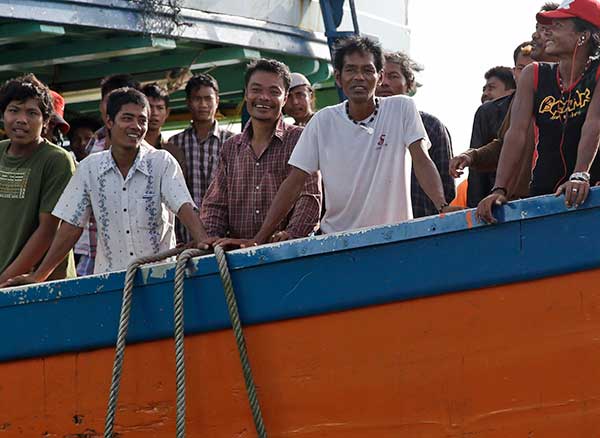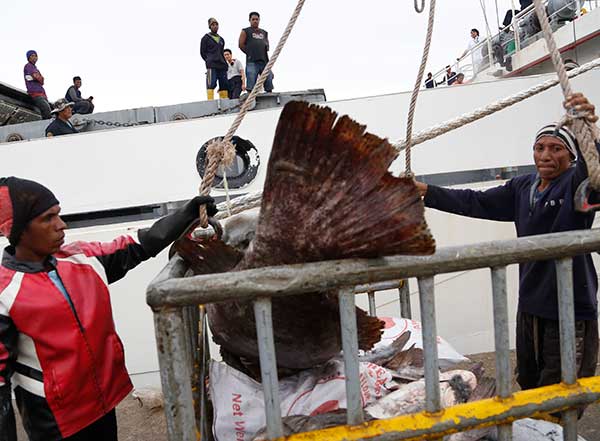
Fishing slaves no more, but freedom brings new struggles
July 12, 2016
On the day they were freed from slavery, the fishermen hugged, high-fived and sprinted through a stinging rain to line up so they wouldn’t be left behind. But even as they learned they were going home, some wept at the thought of returning empty-handed and becoming one more mouth to feed.

